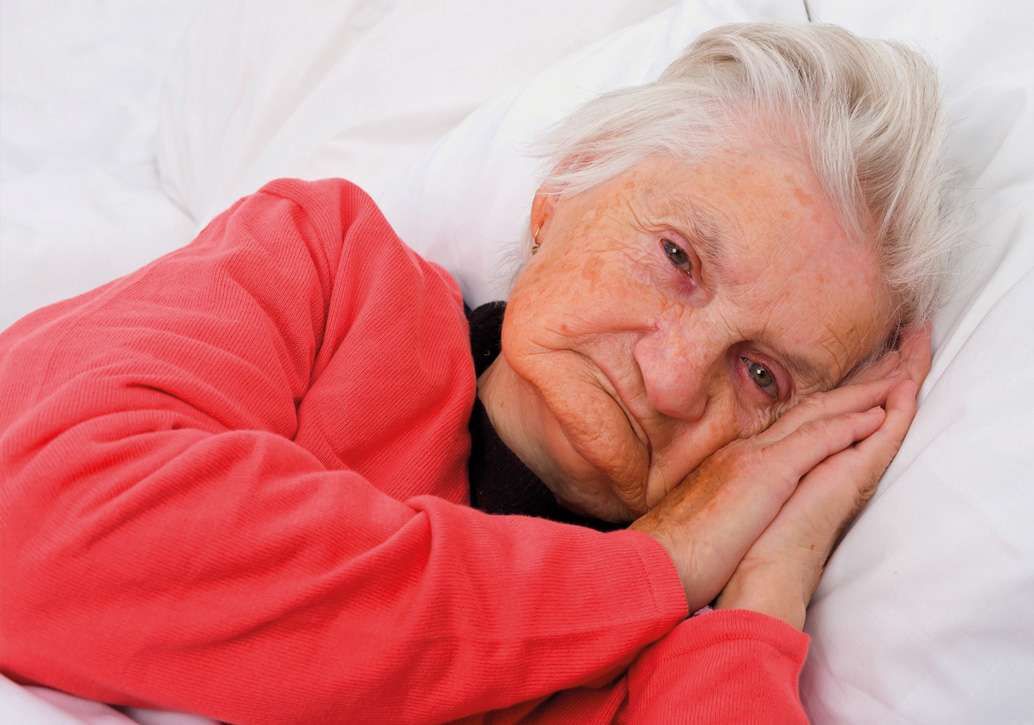Will a quick siesta boost your alertness, energy, mood and intelligence? It seems so for some of us but for others, it messes up nighttime sleep patterns.
By Dr. Michael Gordon
Many people talk about the quality of their sleep. All you have to do is note the abundance of advertisements to recognize the market for “better sleep products,” such as special mattresses, sleep-inducing pillows and adjustable beds. During the past decades, there has also been a particular focus on diagnosing “obstructive sleep apnea,” a condition that results not only in snoring and poor sleep, but often heart disease as well.
Mixed results
So what about the afternoon nap? There is evidence that, for many, a short rest can be beneficial. But the question remains—if one takes a nap, will it create a problem with falling asleep at night? Having interviewed many of my older patients and their families about their afternoon naps, the picture seems mixed. For some, a nap is a regular and apparently beneficial event, giving the individual a benign break from the regular activities of the day. Others, however, find that a siesta seems to disturb their overnight sleeping patterns. By itself, there are seemingly no negative associations of napping with poor health or disease. Whether or not to take one seems to be a matter of personal preference.
For a number of people, a nap is one of their defining habits, which may provide a model for those trying to figure out how to understand the practice. Winston Churchill, for instance, felt that his midday snooze helped him get twice as much done each day. His naps were so sacrosanct that he even kept a bed in his office at the Houses of Parliament. He even believed that this period of shut-eye was his magic key to success when leading the country through the Battle of Britain.
Too much or not enough?
Where does that leave the senior or family member who is worried about “excessive napping”? First, the practice has to be considered within the context of the person’s life and activities in general. If falling asleep in the afternoon is deemed to be a problem, then the first thing do is check the person’s medications, especially sedatives and hypnotics. Second, consider obstructive sleep apnea. And third, look at what is called “sleep hygiene”—the time, place and practice of going to sleep and waking up.
If a senior still feels they need a better night’s sleep, then they might consider these three tips.
1. Consistency is key. It is healthiest to maintain a regular nighttime schedule. Try to ensure the individual goes to sleep at the same time each night and has the same amount of sleep every day.
2. Cut out technology. Keep any tablets, e-readers and phones out of the bedroom and ensure they’re not used an hour or so before bed. This will help calm a racing mind and reduce exposure to the screen’s blue light.
3. Bedtime clothing. Wear comfortable clothes in bed. Opt for lightweight natural fibres, which will allow the skin to breath.
Dr. Michael Gordon is Medical Program Director of Palliative Care at Baycrest Geriatric Health Care System.












